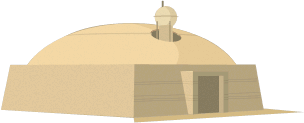







Bernie has searched for your page below.
- Check if your spelling is correct.
- Remove quotes around phrases to search for each word individually. bike shed will often show more results than "bike shed".
- Consider loosening your query with OR. bike OR shed will often show more results than bike shed.
This search page does not include News Articles. To search Limestone News visit:
